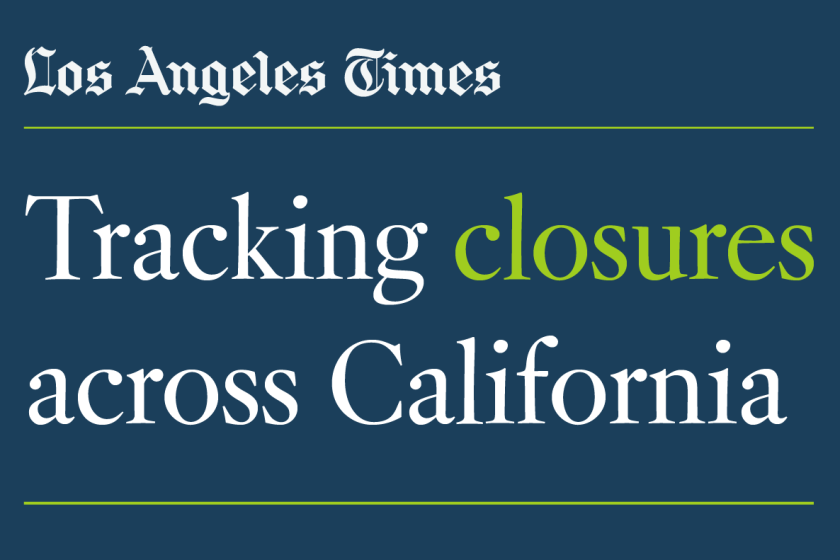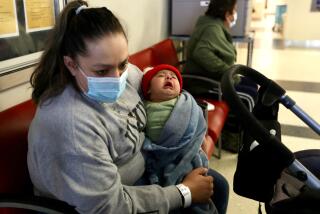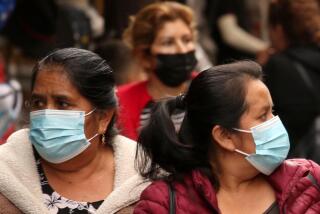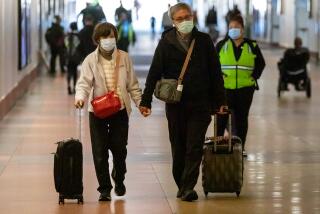Riverside County hospitals hit 99% capacity for ICUs. That’s not their biggest problem
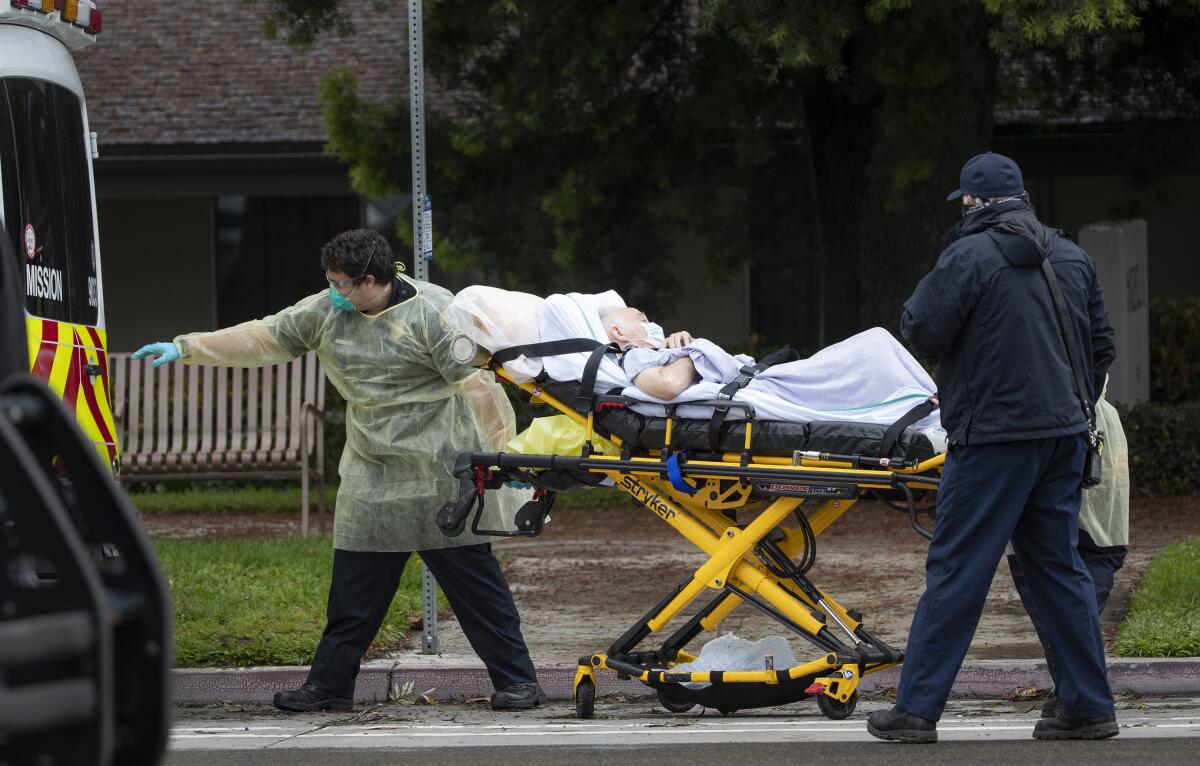
- Share via
Riverside County intensive care unit beds nearly hit capacity Sunday, when patients occupied 99% of the normal number of beds. Suspected and confirmed coronavirus patients account for about 35% of those beds, said Riverside spokeswoman Brooke Federico.
The shortage prompted a local member of Congress, a medical doctor, to call for the county to act immediately.
“I am calling on the County to immediately reverse their decision to rescind public health safety measures and reinstate their order to wear masks in public and to transparently communicate their social distancing and stay at home surge intervention plans and enforcement mechanisms,” U.S. Rep. Raul Ruiz, (D-Palm Desert) said in an email.
Local health authorities said the official numbers on bed capacity paint a misleadingly bleak picture.
Though Riverside County normally offers 385 licensed ICU beds, hospitals have already placed some overflow patients in surge-capacity beds. The extra beds are temporarily transitioned for intensive-care usage, with monitors, ventilators and IV pumps.
Michael Ditoro, chief operating officer at Desert Regional Medical Center, said the facility hit ICU-bed capacity “well prior to COVID. Year after year.” The medical center’s surge beds are equally equipped to treat patients as regular ICU beds, he said.
Bed capacity might not be their biggest challenge, Ditoro said. Instead, it’s scant staffing.
“You don’t really have a centralized area with the beds all around it where it’s really quick to get to them. Instead, you may be in a longer hall unit where you need staff closer to each room,” he said of the surge units.
Alan Williamson, the vice president of medical affairs and chief medical officer at Eisenhower Health, reiterated the concern.
In the most drastic scenario, Eisenhower Health could accommodate 155 intensive-care patients. “But the question would be, ‘Are you able to muster enough nursing staff and ancillary staff to run 155 ICU beds?’” he said.
Hospital staff has been creating surge-capacity plans since the coronavirus broke out in March, Williamson said. He added that Eisenhower Health has planned five phases of surge capacity. He predicts that at Riverside County’s coronavirus peak, the number of ICU patients at the hospital will double.
There are about 3,560 total licensed hospital beds at the 17 hospitals in Riverside County, 37% of which remain available, Federico said. Hospitals have stated that many of these beds can be transformed for intensive-care usage. Still, Williamson said only some rooms are ideally fit to treat COVID-19 patients, with negative pressure ventilation and transparent glass walls.
Though beds run low, many ventilators are unused. Out of the 680 ventilators in Riverside County, 499 remain available.
In late May, more than 60 patients from Imperial County were transferred to Riverside County for treatment. The transfers have since dropped and now the number of Imperial County patients has been reduced to three, said Federico.
“The state sent a medical assistance team to set up medical stations in Imperial County. We saw fewer transfers after that,” she said. “And now, our hospitals are not available to take as many transfers.”
The coronavirus situation in Riverside County remains bleak. As of Monday, Riverside County had tallied a total of 16,634 cases, 991 of which were reported since Friday. The number of infections doubles approximately every 27 days.
To contain the spread of COVID-19, parks, restaurants and stores are slowly reopening.
Riverside County remains on the state’s “Targeted Engagement” watch list for counties that fall outside of acceptable health metrics defined by the California Department of Public Health. To fall within the acceptable metrics, the county would need to have more available ICU beds, fewer than 100 cases per 100,000 people and a positive test rate lower than 8%.
Though Gov. Gavin Newsom ordered Sunday that seven counties immediately close all bars and nightclubs, Riverside County was not included in the order. State officials did suggest that local Riverside County officials put a similar order in place.
Riverside County residents are bound by Newsom’s California-wide order on June 18 that all people wear masks while in public or high-risk settings.
“Wearing masks and social distancing are the most effective ways to reduce the spread of coronavirus. It will take at least two weeks to see the results of any action taken today, so these measures must be put in place immediately. Any delay will only prolong the surge and cause many more people to become infected, sick and possibly die,” Ruiz said.
More to Read
Sign up for Essential California
The most important California stories and recommendations in your inbox every morning.
You may occasionally receive promotional content from the Los Angeles Times.
